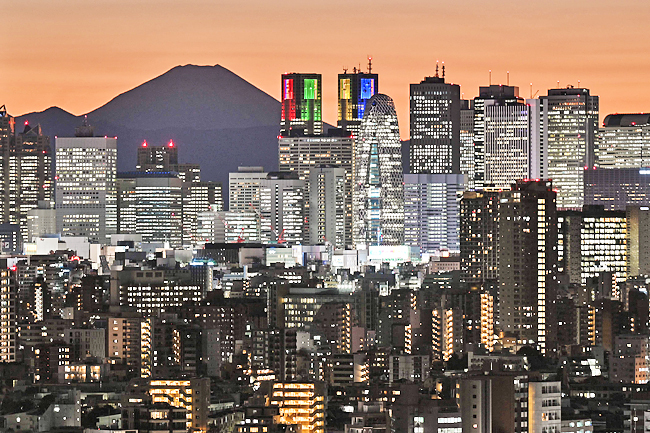
ANN/THE STRAITS TIMES – Social media executive Jillian Chang usually avoids buying theme park souvenirs when she travels abroad but she decided to splurge during a recent trip to Japan with her boyfriend.
With the Japanese yen falling against the Singapore dollar over the last few months, she threw caution to the wind and found herself snapping up all sorts of goodies in Tokyo.
Chang, 24, said “I found that I was willing to spend on items I didn’t really need, and buying food and souvenirs at Tokyo DisneySea.”
Her day of fun at the popular theme park cost her between USD100 and USD200, including food and souvenirs like a Monsters Inc popcorn bucket.
“At one point, my boyfriend wanted to help buy for a friend a Canada Goose jacket because it was about USD400 cheaper in Japan compared with the price in Singapore, after taking into account the exchange rate,” she said. “Unfortunately, we didn’t go through with the purchase because the colour he wanted wasn’t available.”
Chang, who went to Japan in early November, is one of countless Singaporeans who have gone on holiday to Japan recently or are making plans to go to the Land of the Rising Sun, in part due to the weakening yen.

The yen hit a record low of 111.6 against the Singapore dollar on November 13 – the lowest since 2010, according to financial data firm MarketWatch.
VS Money Changer director Tajdeen Vanchilabbai said he has seen a 50 per cent to 60 per cent increase in demand for the Japanese yen over the last two weeks of November, compared with the first half of the month.
And while his shop tries to keep enough yen to support demand, there have been some days when stocks ran out before 4pm or 5pm due to “very high demand”, he added.
Travel agencies The Straits Times spoke to said interest in travel to Japan has spiked, and bookings for the ever-popular holiday destination are now stretching into August 2024.
Senior marketing communications manager Jeremiah Wong at Chan Brothers Travel said that when the yen hit a record low, his firm recorded a 30 per cent increase in inquiries for tour packages to Japan during the Chinese New Year period and spring season in 2024.
In just the last two months of 2023, there has been a 50 per cent increase in travellers going to Japan, compared with the same period in 2022, said Wong.
He added that Japan resumed visa-free travel only in October 2022, and many holidaymakers might have already made alternative year-end holiday bookings by then.
“The influence of currency exchange rates on travel decisions is undeniable, offering travellers increased purchasing power for food, shopping and other expenses abroad,” he said. “While this rise can’t be solely credited to the weaker yen since Japan has perennially stood as a prime winter destination for Singaporeans, the weaker yen serves as an added incentive.”
Director of Asia public relations at Expedia Brands Lavinia Rajaramsaid between September and October, the travel firm recorded a 20 per cent increase in searches for hotels, and a 10 per cent increase in searches for flights to Japan.
Tokyo was among the top 10 destinations for Singaporeans in the first three quarters of 2023, said Rajaram, who is also an Expedia travel expert.
She said: “While city destinations like Tokyo, Osaka, and Fukuoka continue to be popular, Expedia sees a rising interest among Asian travellers to visit Hokkaido during the winter snow season.”
Director for public relations and communications at EU Holidays Ong Hanjie said 95 per cent of Japan tour packages for the last two months of 2023 were snapped up between September and October.
Inquiries and bookings for Japan tours that the travel agency receives now are for holidays as far ahead as August 2024.


















































